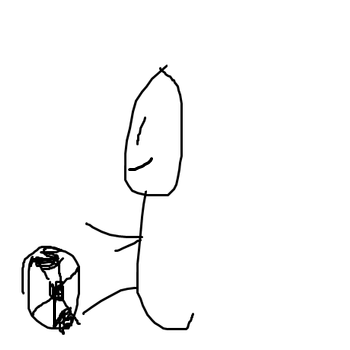Question #08b07
1 Answer
A spectator ion is an ion that exists as both a reactant and a product in a chemical equation.
Explanation:
Consider the reaction
The ionic equation is:
The
We usually cancel the spectator ions from each side of an ionic equation to form a net ionic equation:
EXAMPLE:
Identify the spectator ions and write the net ionic equation for the reaction:
SOLUTION:
Ionic Equation:
The spectator Ions are
Net Ionic Equation:
Here is a video on spectator ions


